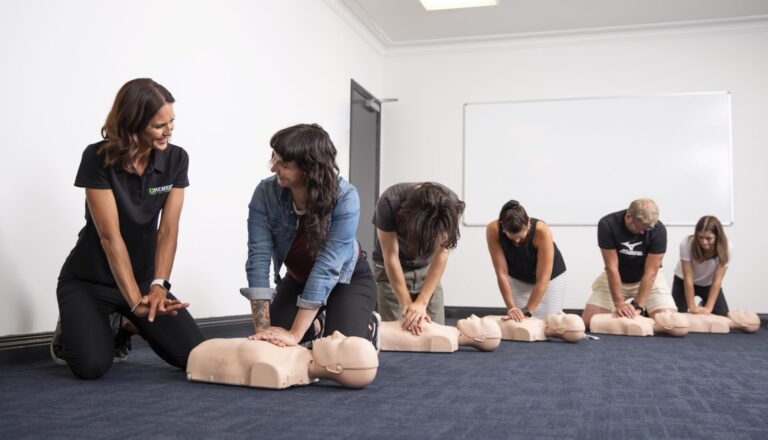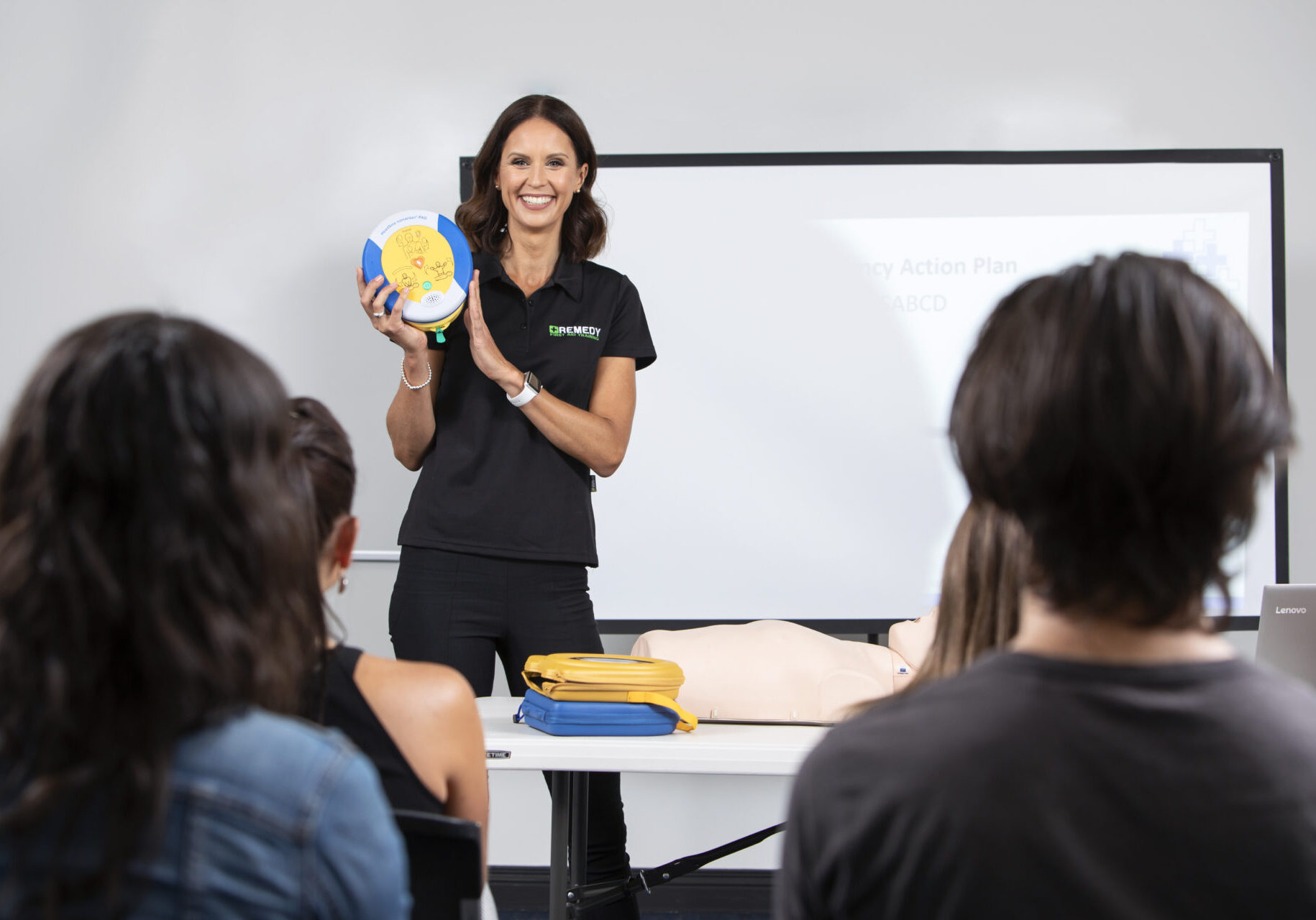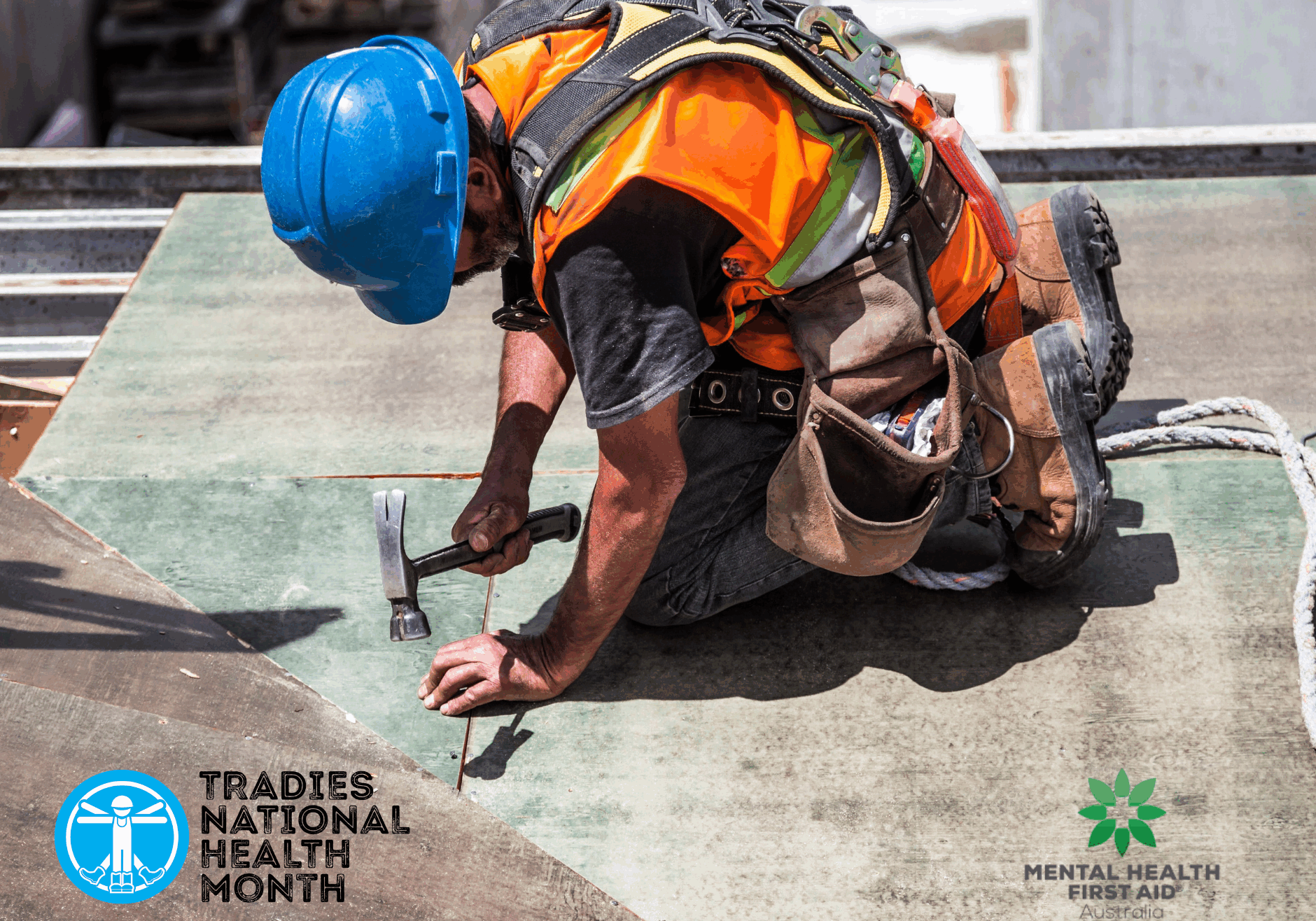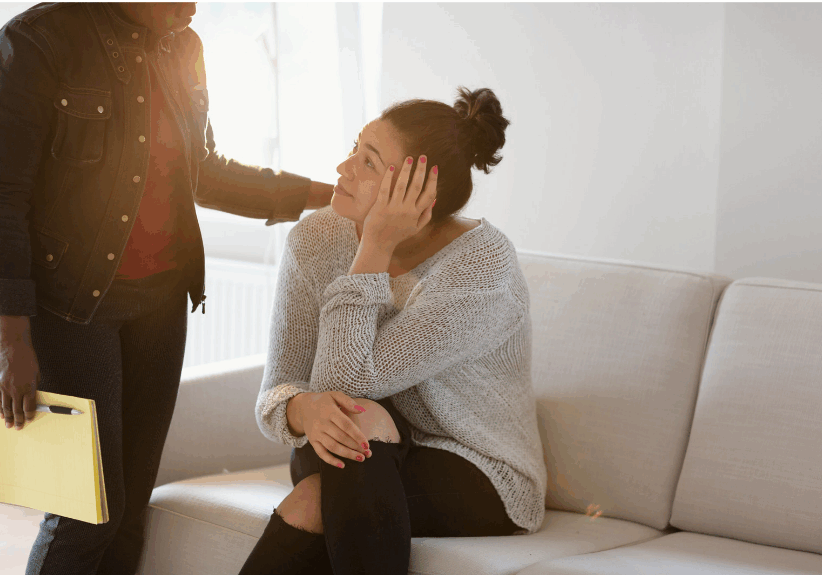Mental Health Matters
Mental health and illness can be a difficult topic for many, but it is so important that are talking about mental health and getting conversations started, and also that we are taking care of own mental health.
This blog gives a snapshot of Mental Health in Australia and provides some practical tips for checking in with people around you, and taking care of your own mental health.
There so many myths and misconceptions about mental health which aren’t helpful and further contribute to stigma.
The fact is, mental health is something everyone has, whether it’s good or bad.
Mental health is considered to sit along a continuum, with good mental health at one end and poor mental health at the other. Everyone sits somewhere on the continuum and our position shifts throughout our lifetime life (sometimes even throughout one day) depending on may factors such as biology, personal life experiences, access to services and individual coping skills.
It is normal to have ups and downs and move along the continuum from time to time.
Someone might feel really stressed out when a big project is approaching its deadline or when starting a new job. This is one-off, reasonable reaction to the situation they are facing, not a sign of clinical anxiety. The stress resolves when the situation has resolves or passes.
So, given our mental health fluctuates depending on what is going on in our lives, when should you be concerned that it’s something more and someone has a mental health problem? When might you need to step in?
You should be concerned when you notice there has been a major change in a person’s normal way of thinking, feeling, or behaving. And these changes are affecting their ability to function at work, home or socially. These changes don’t pass quickly and last longer than expected.
If you are concerned about the mental health of someone, ask yourself: Has their behaviour changed recently? Do they not seem their usual self? Are they not engaging in activities they previously enjoyed?
There will usually be physical changes to observe too – physical illness, sleep pattern changes, weight changes (loss or gain) and changes to physical appearance, is their appearance dishevelled?
Noticing physical and behavioural changes and starting a conversation with the person you are concerned about is a key part of Mental Health First Aid. Learning to recognise the signs which indicate there could be a problem and learning to support the person is a key part of Mental health First Aid.
It is important to take the initiative and have a conversation with the person you have noticed the changes in because rates of help seeking for mental health problems is low. Someone is more likely to seek professional help if the person suggesting it is someone they know and trust. The earlier the person seeks professional help the sooner they can recover, resume level of functioning and long-term impacts are lessened.
Every day, millions of Australians go out into the world while experiencing a mental health problem. The impact of this is enormous, affecting workplace productivity, performance, well-being and relationships.
We’ve likely all heard the statistic – 1 in 5 or 21.4 % of people experience a common mental health problem each year. That’s lot of people getting around with changes to thoughts, feelings and behaviours, and this has increased in recent years. Think of you own network and who is in that 21%?
So, what’s impacting us most?
The most common mental health problem each year for Australian adults aged 16 – 85 years, are Anxiety, Depression and Substance use.
Anxiety 16.8%, Depressive disorders 6.2%, Substance use 5.1%. There is higher prevalence of Anxiety and depression amongst females, and males are twice as likely to have a substance use disorder than females. Substance use often has underlying mental health problem, and commonly co-occurs with other mental illness.
Not only are mental illnesses very common, but they also have a major impact on society as a significant source of disease burden. They disrupt a person’s life affecting their ability to work, take care of themselves and carry of relationships with family and friends. Experts rank mental illnesses as amongst the most disabling illnesses.
Disease burden refers to the combined effect of premature death and years lived with a disability. Mental illness sits third behind 1. Cancer & 2. Cardiovascular conditions in terms of the disability they cause in someone’s life.
Let’s not forget that mental illness can also be fatal, we lose 9 Australians each day to suicide. 3139 Australians lost their life to suicide in 2020. This number is higher than the road toll. Each person has a family, friends’ workplace and the impact of suicide is widespread with 38% of us know someone who has taken or attempted to take their own life.
Suicide is devastating. It is also a preventable death, people can find another way to deal with their pain. A common misconception is that there are no signs, this is untrue, there are signs that someone may be suicidal. Ask yourself, would I recognise the signs? And would I know what to do if someone was suicidal? If the answer is no – it’s time to learn. You could save someone’s life by knowing the signs to look for, and how to assist in this crisis. Suicide is covered as a key part of Mental Health First Aid training.
To lighten things up, the good news is there light in the darkness and so much we can all do to help others and ourselves and make really a difference when it comes to mental health problems.
We can increase our mental health literacy by learning through awareness training such as Mental Health First Aid. We can challenge stigma, by using true and accurate information.
We can check in with people around us to see how they are travelling. And we can take care of own mental health by having a plan for staying mentally healthy.
The most important thing you can do if you are worried about someone is to start a conversation. A small chat can have a BIG impact.
We commonly hear mental health conversations haven’t gone well or have been avoided because they didn’t know how to handle the conversation or didn’t want to upset anyone. We always recommend further training before engaging in mental health conversations, but here are afew tips to get your started;
- Set time aside, ensure privacy, minimize distractions, give the person your full focus and attention. Plan where, and how you will approach this conversation.
- ASK: be curious and ask questions if something doesn’t seem right “you haven’t seemed yourself lately is everything ok?
- LISTEN: invest in active listening, avoid jumping in and trying to fix their problem. Always communicate in a non judgemental way. Listening is supportive and sometimes the most supportive thing you can do is to hold a space for someone else.
- SUPPORT: support can be provided in many ways. Offer practical support, emotional support, ask “How can I support you?”, what can I do to help?” what other supports do they have in their network? It’s important to give the person HOPE for recovery. They are feeling bad right now, but with the right help they can recover and return to normal level of functioning.
- ENCOURAGE ACTION: encourage them to seek professional support. A great starting place is their GP who can do a physical and mental health assessment and refer to appropriate mental health professional and develop a mental health care plan. There are many reputable and reliable phone and online resources available. You could also link to Employee Assistance Program if your workplace has one.
And check back in with them after your initial conversation, deciding on the appropriate time frame for the situation. How are they getting on?
To learn more about supportive actions and to build your confidence to support someone experiencing a common mental health problem, enrol in a MHFA course with us. Contact us to find out more. By learning MHFA today, YOU could save a life tomorrow!

If you or someone you know is experiencing a challenging time, there are many supports available, and there is no shame in seeking help. Seeking help is a sign of strength, not a weakness. Visit your Dr or mental health professional.
Keep these numbers handy and in your phone:
Lifeline 13 11 14 lifeline.org.au
Beyond Blue 1300 22 4636 beyondblue.org.au
Suicide Call Back Service 1300 659 467 suicidecallbackservice.org.au
Stay tuned for our next mental health blog on how to care for you own mental health.
Mental Health Matters









